
Contraception
Do I need to take the morning after pill if I had unprotected sex on the 1st day of my period?
Firstly, let’s understand how emergency contraception like the morning after pill works in preventing pregnancy. Sperm can remain in your body for up to 6 days after sex, waiting for an egg to appear. If you ovulate during that time period, the sperm can combine with your egg to form a pregnancy. Morning-after pills work by preventing your ovary from releasing an egg for a short period of time. It's similar to putting the brakes on ovulation. The morning-after pill's ability to prevent pregnancy depends on where you are in your menstrual cycle and how soon after unprotected sex you take it. If your body has already begun ovulating, morning-after medications will not be effective.
Next, let’s look at how where you are in your menstrual cycle can affect your chances of getting pregnant. The menstrual cycle is the period that a woman goes through from the first day of her period to the day before her next period. The length of the menstrual cycle differs from woman to woman, although the average is 28 days. Cycles that last longer or shorter than this, ranging from 23 to 35 days, are typical. Ovulation, which is the release of an egg from the ovaries, usually occurs 10 to 16 days before the start of your period. This is when you are at your most fertile and when you are most likely to get pregnant.
As you can see, ovulation usually occurs between periods, so you are very unlikely to become pregnant if you have sex during your period. However, it is technically possible if you have a shorter cycle, as ovulation occurs earlier in the cycle than in the typical 28 day cycle. Sperm can live up to 6 days in the vaginal canal so it is possible for there to still be viable sperm for when ovulation occurs a few days after the period ends. The possibility of this is very low in the days right before and at the very beginning of your period and is really only a risk if your cycle is shorter than 25 days.
Based on this information, it is very unlikely that there would be a need to use a morning after pill to prevent ovulation if you had sex on the first day of your period, given that you have a regular menstrual cycle and ovulation is very unlikely to coincide with your period.
Watch our related video here.
Read more about this topic on our blog.
References
https://americanpregnancy.org/can-i-get-pr...https://www.invitra.com/en/ovulation-and-menstruation-at-the-same-time/#https://www.plannedparenthood.org/learn/morning-after-pill-emergency-contraception/which-kind-emergency-contraception-should-i-use#:~:text=Morning%2Dafter%20pills%20work%20by,how%20well%20it%20prevents%20pregnancy.Share the knowledge!
More Contraception Q&A
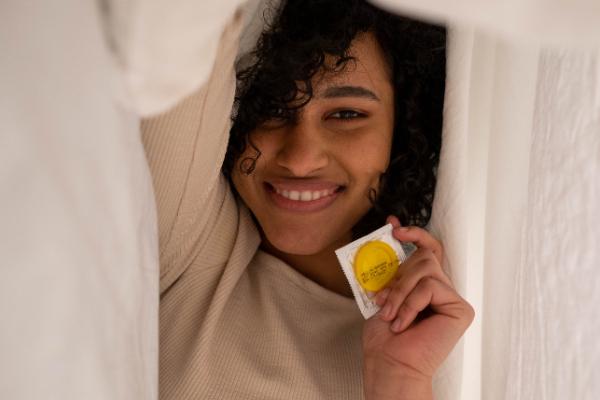
Can I use a condom more than once and does wearing more than one condom offer more protection?

Can the withdrawal method be considered as contraception?
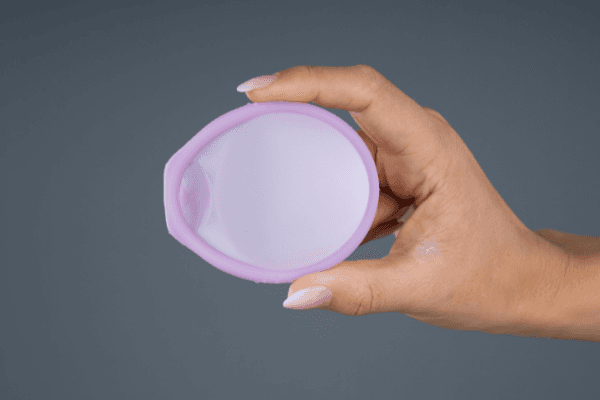
What is a diaphragm?
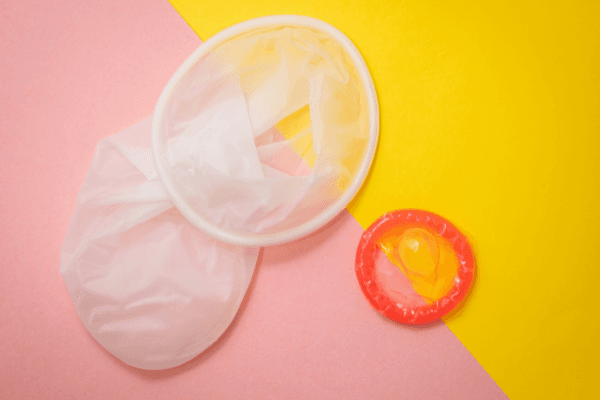
What is a female condom?
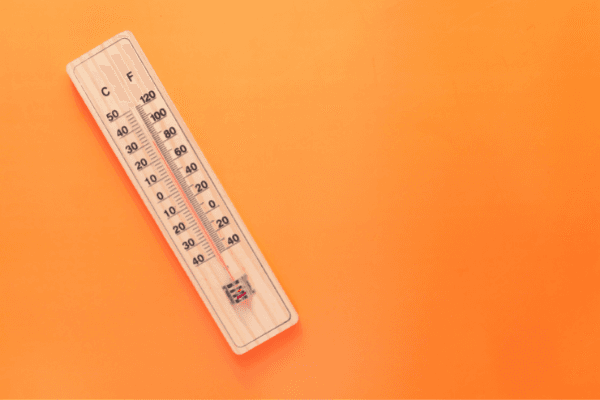
What is the temperature method for preventing pregnancy?
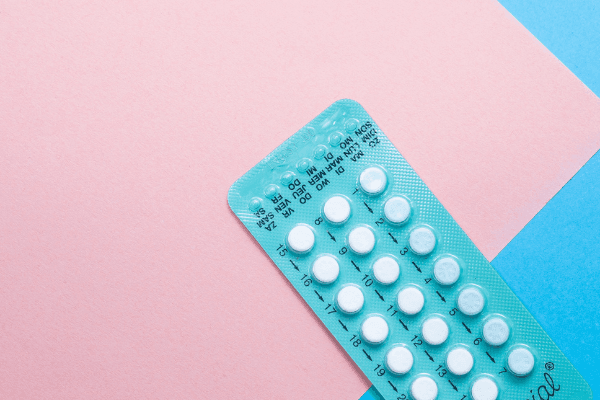
What is the difference between combined pill and progesterone only pill?
This is a website that WE are building together. If you have a question there is no answer to on this site, send it here!
